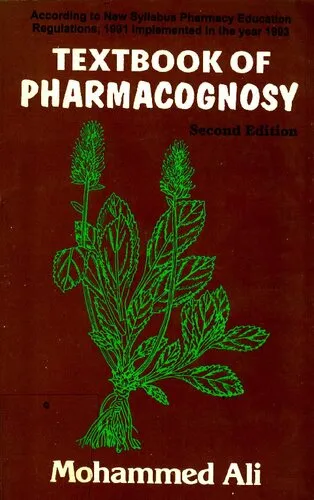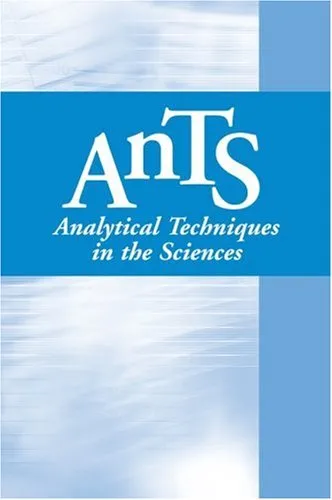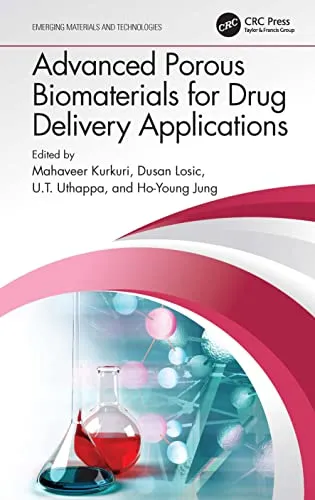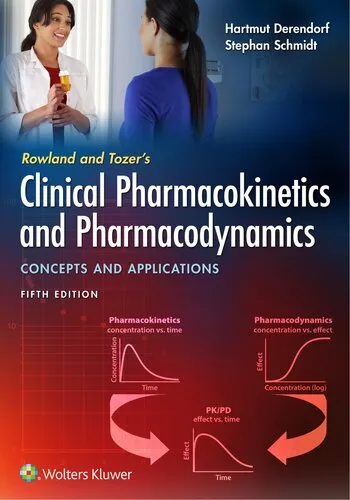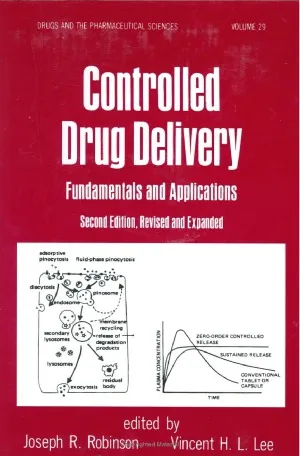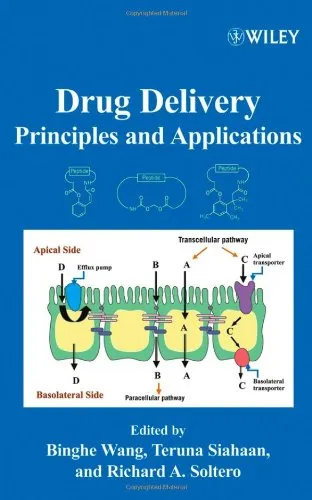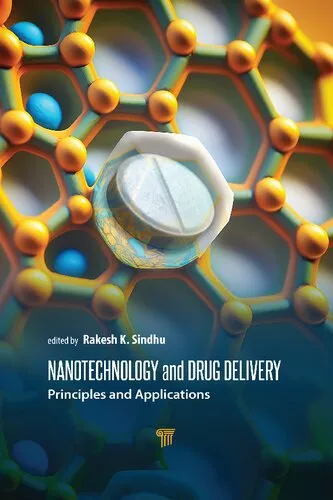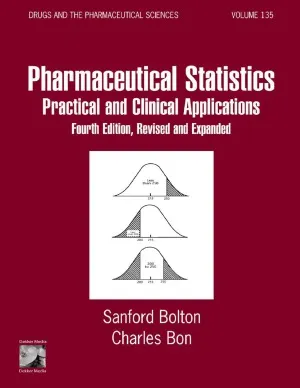Electrokinetic Chromatography: Theory, Instrumentation and Applications
3.5
Reviews from our users

You Can Ask your questions from this book's AI after Login
Each download or ask from book AI costs 2 points. To earn more free points, please visit the Points Guide Page and complete some valuable actions.Related Refrences:
Welcome to the definitive guide on Electrokinetic Chromatography (EKC)—a groundbreaking approach that integrates the principles of electrokinetics and chromatography to revolutionize chemical analysis. The book "Electrokinetic Chromatography: Theory, Instrumentation and Applications" delves into the intricate workings of EKC, making it a suitable resource for both novice researchers and advanced practitioners. This introduction highlights the structure and relevance of this book and what you can expect to gain from it.
Summary of the Book
This book is the result of years of research and practical experience in the field of analytical chemistry. Electrokinetic chromatography, often regarded as a hybrid between electrophoresis and chromatography, opens new avenues for separating complex mixtures. This text begins by comprehensively explaining the theoretical underpinnings of EKC and how it differs from conventional chromatographic techniques. It integrates foundational scientific principles with real-world examples to ensure that readers grasp both the "how" and the "why" behind the method.
The subsequent chapters transition into the instrumentation associated with EKC. Readers will gain insights into capillary electrophoresis systems, the role of micelles and pseudostationary phases, and the technical nuances of detectors and data acquisition tools. A standout feature of this book is its practical focus—complete with troubleshooting suggestions and optimization strategies to enhance experimental outcomes.
Lastly, the book provides extensive applications of EKC across diverse fields, from pharmaceuticals to environmental sciences. Readers will learn about its usability in chiral separation, drug testing, toxicological studies, and more. In essence, this book is a one-stop reference for understanding and exploiting the potential of EKC in modern analytical laboratories.
Key Takeaways
Whether you're a seasoned researcher or a curious beginner, this book is designed to provide actionable insights into electrokinetic chromatography. Here are some of the key takeaways you can look forward to:
- A robust understanding of the theoretical foundation behind EKC, including its electrokinetic principles and its advantage over other separation techniques.
- Step-by-step guidance on EKC instrumentation, from the selection of capillaries to the use of detection systems for accurate data interpretation.
- An exploration of cutting-edge developments in the field, ranging from novel pseudostationary phases to advanced detector technologies.
- Practical advice on troubleshooting challenges such as poor resolution, sample instability, or system inefficiencies.
- Real-world applications of EKC across pharmaceutical, food safety, and environmental studies, among others.
Famous Quotes from the Book
Throughout the book, a number of thought-provoking statements encapsulate the core philosophy of electrokinetic chromatography and its transformative potential in analytical science. Below are a few standout quotes:
"Electrokinetic chromatography is not merely a technique; it is a convergence of physics, chemistry, and ingenuity, achieving separations once thought impossible."
"The entire field of chemical analysis thrives on innovation, and EKC stands at the frontline of this scientific revolution."
"As with any great method, the true strength of electrokinetic chromatography lies not just in what's possible today, but in the boundless potential for tomorrow."
Why This Book Matters
The importance of this book cannot be overstated—particularly for professionals and academics involved in chemical separations. Electrokinetic chromatography is a technique that continues to grow in significance, driven by its ability to separate analytes with high precision and speed. In a world demanding rapid, accurate results, EKC is a natural choice.
Moreover, this book bridges the gap between theoretical knowledge and practical application. Unlike many technical texts, which focus solely on one or the other, this work equips readers with both the scientific background necessary to understand the method and the pragmatic advice needed to implement it in real-world environments.
Additionally, the environmental and economic benefits of EKC make it highly relevant for today's laboratory settings. This book underscores how EKC minimizes solvent waste and reduces costs—while maintaining optimal performance—making it a sustainable choice for modern analytical chemistry.
Investing your time in this book will not only refine your understanding of EKC but also inspire further innovations in your field. Whether you're working in pharmaceuticals, biotechnology, or environmental analysis, the principles and applications outlined in this book serve as a beacon for advancing your research and professional expertise.
Free Direct Download
You Can Download this book after Login
Accessing books through legal platforms and public libraries not only supports the rights of authors and publishers but also contributes to the sustainability of reading culture. Before downloading, please take a moment to consider these options.
Find this book on other platforms:
WorldCat helps you find books in libraries worldwide.
See ratings, reviews, and discussions on Goodreads.
Find and buy rare or used books on AbeBooks.
1382
بازدید3.5
امتیاز0
نظر98%
رضایتReviews:
3.5
Based on 0 users review
Questions & Answers
Ask questions about this book or help others by answering
No questions yet. Be the first to ask!

